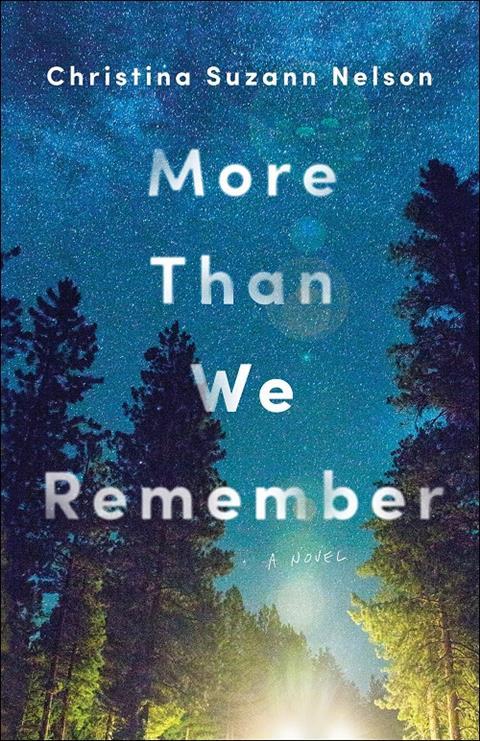
We have a regular conversation in the Woman Alive book club Facebook group about so-called Christian fiction – the novels produced by Christian publishers. The discussion, which I’m putting too baldly here, focuses on whether if in reading these books we retreat too much into a Christian subculture or whether we should read general-market books from our Christian worldview, weighing up the morals through this lens. Personally, I read both general-market fiction and Christian novels. Sometimes with my local book club, I’ll read something that I would rather avoid because of the intense issues it raises, but I think it’s important to engage with the books being discussed in our culture. Yet I wouldn’t want to give up on stories that explore life from a Christian point of view, for they often enrich my faith.
Christian fiction gets a bad reputation from the early days, when faith conversions popped up out of the blue or couples married after only just meeting. If that was your experience, give these more mature books another try. For instance, those by Cynthia Ruchti tackle real-life issues. Many in our book club love the Sensible Shoes novels by Sharon Garlough Brown. Many others love Francine Rivers’ novels (her Redeeming Love is one of my favourites). Tessa Afshar and Mesu Andrews write compelling fiction based on the Bible. Pam Rhodes writes heartwarming stories about English village life.
The book I’m recommending this month is a contemporary novel that raises many discussable issues. More Than We Remember features three women and how the events of one night change their lives. Two are married with kids, and the third is single. All three have gone through trauma, with more to come. All three have to find their way through, with God’s help.
It’s an engaging novel that reveals how much pressure women face today. Can we juggle our various responsibilities, such as work, volunteering, church, family and friends, and still have enough time to flourish in our relationship with God? How can we cope when the unexpected happens – whether an unwelcome accident or illness? How can we not only trust God, but make ourselves vulnerable enough to lean on others?
This novel raises those issues and more, and would be a good one to read in a book club setting. For instance, discussion questions could include: how much does our childhood affect who we are as adults? What do you observe about how the two mothers parented their pre-teen daughters? What happens to a marriage when something horrible occurs, such as a life-altering accident? Where is God when bad things happen? What kind of relationship do each of the three women have with God? How did their faith play a part in the denouement of the story?
Do you read Christian fiction? Why or why not?





























